Investments in Croatia: Cash for Health and Education Sectors Continue
Investments in Croatia come in various forms, and while we tend to read about either investors running for the hills when faced with Croatia's draconian love of red tape, or investments being made in the tourism sector along the coast, large sums of cash are continually being poured into both the healthcare and the education sectors, with one county standing out from the crowd.
As Poslovni Dnevnik writes on the 10th of January, 2019, as much as 10.5 million kuna has been invested in school renovations in Koprivnica-Križevci County, the co-financing of school transport, and the largest number of scholarships have been secured so far. One of the priorities of Koprivnica-Križevci County, which was defined in the county's development strategy, is constant investment in education that continued throughout 2018.
In addition to the large amount of money having been invested in school renovations, two capital projects for energy reconstruction are due to be set up. The involved schools are primary schools in Virje and Drnje, these projects are worth as much as 9 million kuna, and both schools will achieve heating savings of a massive 70 percent. Given the fact that the aforementioned county has recognised the importance of investing in energy efficiency, new contracts have been signed for the development of major energy renewal projects in Novigrad Podravski, Ferdinandovac, Đelekovec, and Veliki Poganac.
These investments in Croatia are more than praiseworthy, and in addition to improving the overall material conditions in schools, the county is continuing to co-finance student transport and support projects for students with disabilities and special needs, offering free school meals for students from less wealthy backgrounds, and more. In addition, last year the largest number of student scholarships was awarded to date, up to 35 of them, including those awarded to medical students, which is an important contribution to the project of the promotion of vocational professions.
Despite all of the above, 2018 will most likely be remembered for investments made in the health sector, and thanks to the joint cooperation of the county, the head of Koprivnica hospital and the parliamentary representatives with the Minister of Health, a long-awaited 10 million kuna magnetic resonance (MR) device arrived at Koprivnica hospital. Other capital projects include the very welcome eight-million-kuna "POZDRAV - Improvement of Primary Health Care in Koprivnica-Križevci County" initiative.
Make sure to stay up to date with investments in Croatia and much, much more by following our dedicated lifestyle and business pages.
Stem Revolution for Croatian Schools: Programming with Micro:Bits
The stem revolution for Croatian schools has begun for children in grades 1-4!
Zagreb, November 6, 2018 - Elementary schools across the whole of Croatia as can apply for participation in the new STEM Revolution – Grades 1- 4 project. Those participating will have the opportunity to teach their youngest pupils digital literacy competencies and learn programming using micro:bits.
The project was presented by Nenad Bakic, the President of the Institute for Youth Development and Innovation (IRIM). During the last year, project STEM revolution introduced programming into the wider education system, with a donation of 25,000 micro:bit microcomputers into 1000 institutions.
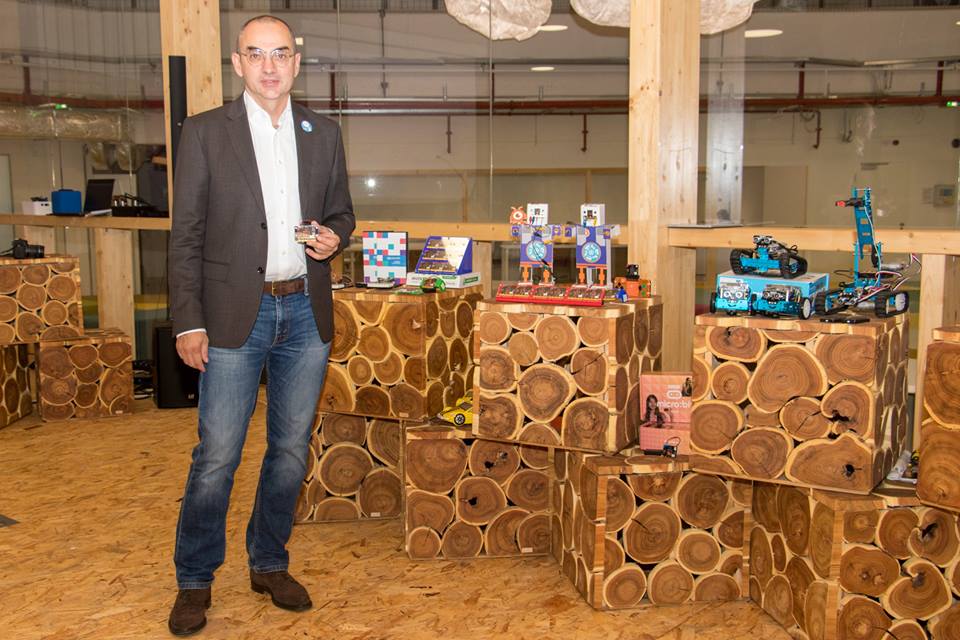
In cooperation with the Ministry of Science and Education, the Croatian Employers Association, CARNet and other partners through the ProMikro project IRIM, programming in the 6th grade with over 35,000 donated micro:bits was introducted, was well as content development and education of over 2000 teachers.
''There is a strong interest in Croatian educational system for the introduction of STEM competencies, especially in relation to technology. This can be seen in advanced activities, for example, through the ever-growing interest in the Croatian Makers Robotics League, which now includes over 550 educational institutions, but equally at the widest level of digital competence development, i.e. programming and the development of digital literacy, through STEM Revolution projects and ProMikro. As a follow up to these projects, research conducted among school principals and teachers shows a great interest in expanding these activities,'' Nenad Bakic said at the presentation of the project which will be implemented in cooperation with Rotary Club Zagreb Center and Rotary District 1913 – Croatia.

There are currently approximately 2000 schools in Croatia which have pupils in grades 1 - 4, and all will be invited to voluntarily participate in the project. Expectations are that approximately half of the schools will apply, taking into account the interest of the school and the teachers, as well as the availability of other equipment such as computers, tablets, or smartphones, which are used to program micro:bits.
Programming will be introduced for a particular subject and also across the spectrum of school subjects. Micro:bit is a teaching tool for delivering existing content in a digitally creative way so there is no need to change the curriculum.
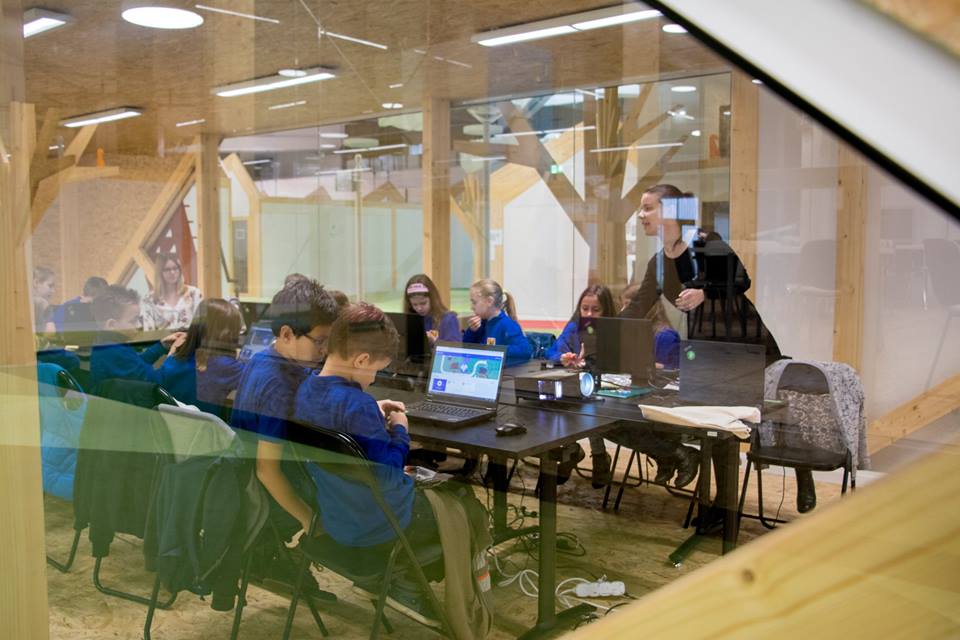
After the national STEM project, the micro:bit has established itself as a globally unique and leading computing platform, with national projects, for example in Denmark (for all 5th grade students, to introduce programming), Singapore and Canada.
As lower grade students rarely have a designated time to use computer labs, micro:bits will be placed in school libraries. In this way, teaching can take place in the library and in the classrooms. The library will allocate additional micro:bits for students to borrow for work at home, Bakic announced.
The project cost is estimated at 5 to 6 million kuna, and initial funding will be provided by IRIM and the Rotary Club Zagreb Center, each with 100,000 kuna, which will secure the purchase of the first micro:bits.

The project will be implemented for a period of 12 or 24 months, depending on the availability of funds and interest of the schools. It is possible to finance it in phases, so schools will receive micro:bits in waves, in the order that have signed up.
IRIM will also fund the development of content for lessons from various subjects, using micro-bits, just as it did for the 6th and 5th grade. Content will be permanently available and upgraded using various channels. IRIM will also educate 1000 - 3000 teachers, just like it previously trained two thousand teachers for the ProMikro project.
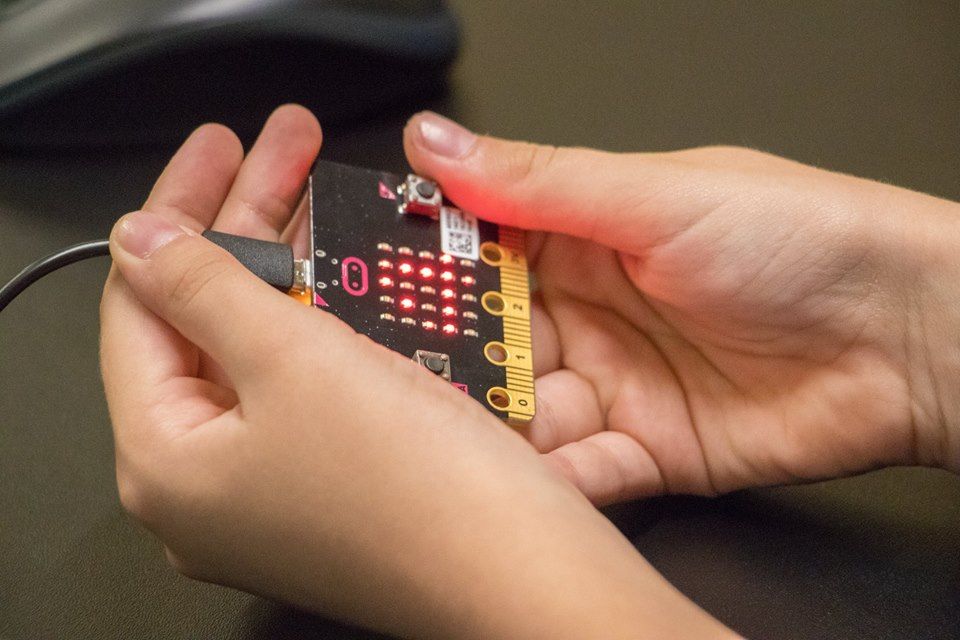
IRIM also provides web site production, collection of applications and communication with schools. Partner organisations joining are: the Croatian Post Office, which will donate the delivery of micro:bits throughout the country, the Bruketa & Žinić & Gray creative agency will supply its services in the project presentation, and the PR agency Communication Laboratory will give support for public relations. BBC micro:bit is an educational and creative tool whose purpose is to inspire a new generation of young people.
It can be used in a variety of ways throughout the curriculum, not just in STEM subjects (science, technology, engineering and mathematics). It can help young people acquire knowledge and skills to develop from digital technology consumers into designers and creators of new tools that will help them improve their learning, solve problems or simply entertain them and allow them to take full advantage of the benefits of life and economy in the 21st century.

Micro:bit is characterised by extremely low prices, low barriers for beginner and advanced use, and a highly rich ecosystem. Click here and here for examples.
The founders of the Micro Foundation are: the BBC, Microsoft, Amazon, Samsung, ARM, the British Council and others.
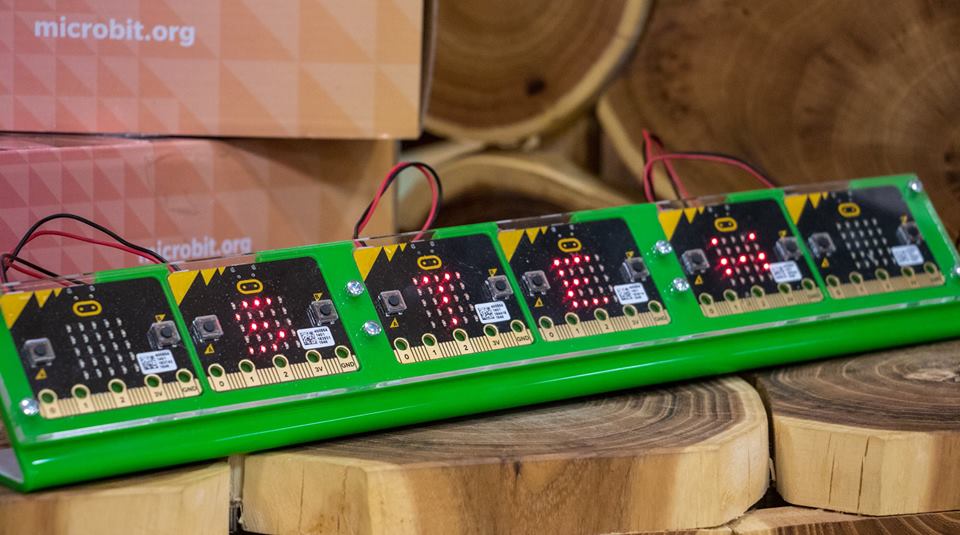
IRIM runs the Croatian Makers program, which includes a number of projects such as: the Croatian Makers Robotics League, STEM Revolution, ProMikro, Internet of Things, STEM Revolution continues - Libraries, STEM Car. Croatian Makers, with over 100,000 children, and over 3,000 educated teachers, is the largest program of its kind in the EU.
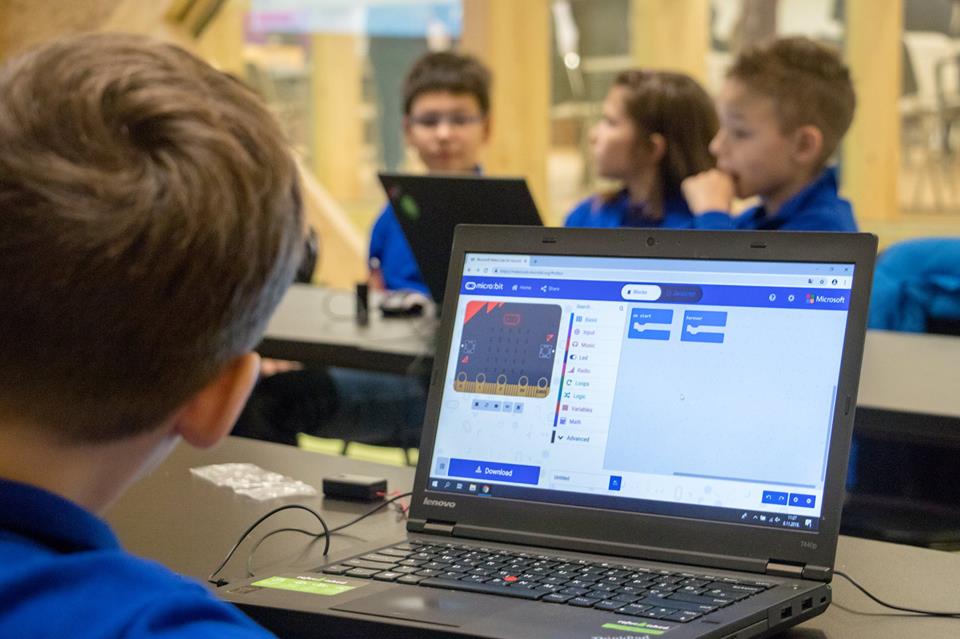
The founders of IRIM are Nenad and Rujana Bakic. You can find more information on Croatian Makers here. Participating schools can apply here.
Want to keep up with more information on the stem revolution in Croatian schools and more information like this? Make sure to follow our Made in Croatia page!
Croatian School Accidentally Plays Hymn Associated with Hitler's Reign to German Guests
Of all things you probably shouldn't do, this ranks pretty high on the list.
10.5 Million Kuna for School Renovation in Koprivnica-Križevci County
Good news for students in Koprivnica-Križevci County!
Non-Refundable Funds for Equipment for Maritime Schools
Excellent news for the students of Croatia's maritime schools along the coast.
One Billion Kuna for Energy Renewal of Schools, Healthcare Facilities and More
Is more emphasis on energy efficiency on its way to Croatia's public sector facilities?
Former Zagreb Military Hospital Building to Become Home for Musicians
A breath of new musical life for one former military hospital building located on Zagreb's Vlaška.
Cammeo Taxi Offers to Drive First Graders on First Day of School for Free
A praiseworthy initiative from Cammeo.
270 Million Kuna Investment into Education in Međimurje
Welcome news for the students of Medjimurje.
Tender for 100 New Kindergartens Worth Billion Kuna Now Open
Currently, 621 projects are currently being implemented in Croatia with a total value of 1.4 billion kuna, funded by ''measure seven'' of the praiseworthy Rural Development Program.

